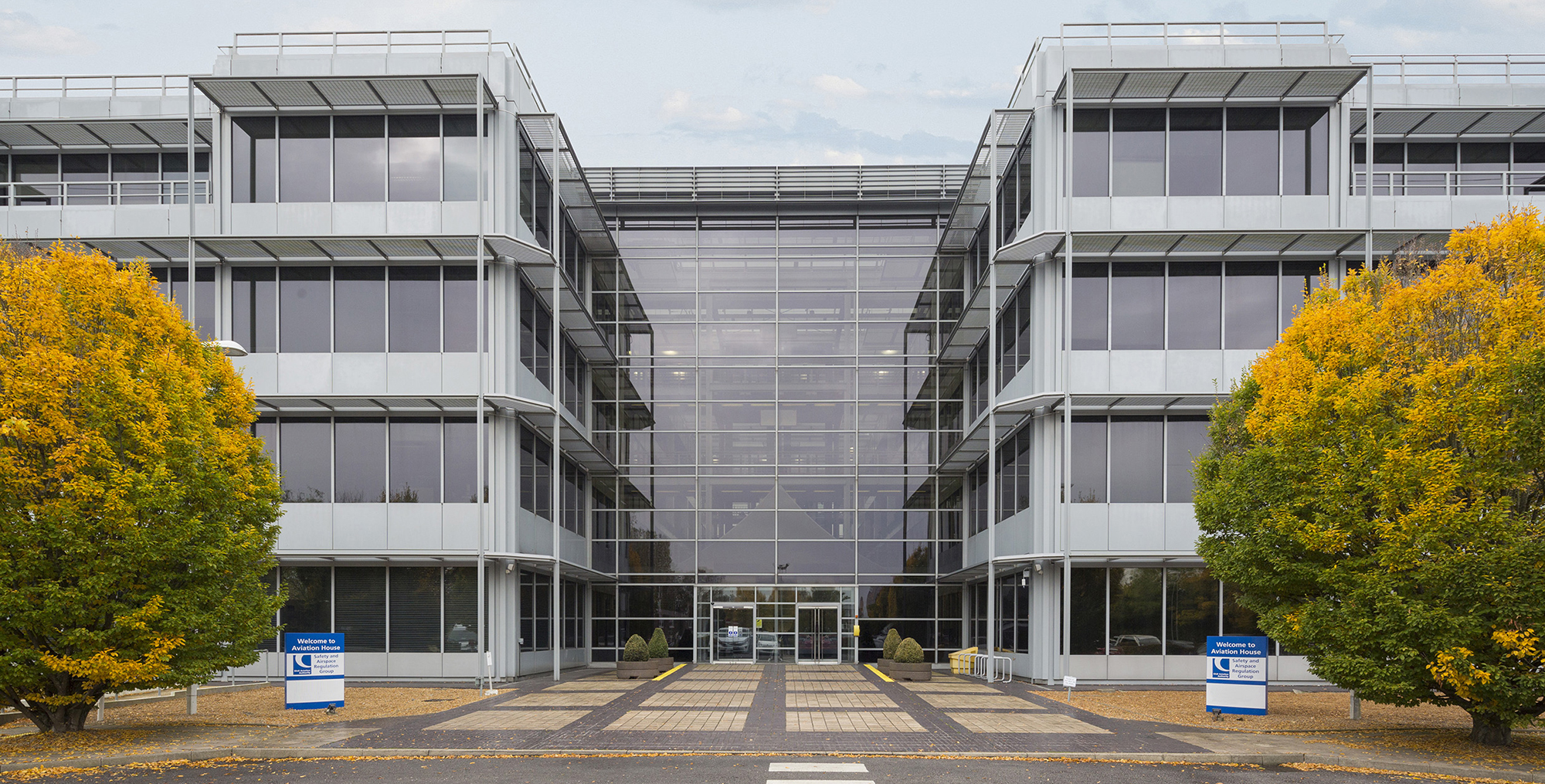As levels of air travel begin to recover, with the relaxation of government restrictions and travel to amber list countries, the UK Civil Aviation Authority's Airspace Stakeholder Engagement Manager, Alex Coleman, looks at who plays what role in the issue of aviation noise.
While the world's noisiest aircraft do not operate from UK airports due to a combination of European and national legislation and financial incentivisation by airports there's no getting away from the fact that aircraft can still cause significant disturbance. When aircraft land and take off, and, depending on the aircraft and its altitude, as they fly overhead, they produce noise from their engines and the vibrations of their frames. The Civil Aviation Authority understands the effect this noise can have on some who live or work near airports or under busy flight paths.
During the COVID-19 pandemic, there has been a significant reduction in the number of aircraft in the UK's skies and, as such, there has been a corresponding reduction in aviation noise. With air travel beginning to return, levels of aviation noise will inevitably begin to increase.
It is important to note that while aviation noise can be a significant distraction to some, it is not classified as a statutory nuisance in the UK; nor is it covered by the Environmental Protection Act 1990 or the Noise Act 1996. As a result, local authorities are precluded from acting on aircraft noise issues in the same way that they would be able to act against, say for example, excessively loud music from a night club or an anti-social neighbour. Where local authorities are, however, able to manage aviation noise is through the planning process, by setting limits on noise-related issues such as operational hours and placing a cap on the number of aircraft movements. For Heathrow, Gatwick and Stansted Airports, decisions such as these are overseen by the Department for Transport.
Our primary role in overseeing aviation noise is through its airspace change process. This process, which is set out in CAP 1616, is responsible for determining whether the design of airspace, and some air traffic control procedures, can be changed. When making its decision on any proposed changes to a volume of airspace, the Civil Aviation Authority must consider the impact the proposed airspace change will have on aircraft noise. Additionally, the airspace change sponsor must demonstrate to us that they have considered the impacts that any changes will have on those significantly affected by noise, most importantly the impacts on communities' health and quality of life as a result of noise. Engagement with these communities is a vital part of the CAP 1616 process.
Outside of this airspace change process, the Civil Aviation Authority does not have the legal power to prevent aircraft flying over a particular location or at a particular time for other environmental reasons. The Civil Aviation Authority is also not directly involved in the provision of air traffic control services nor are we responsible for monitoring or maintaining individual flight data on daily aircraft/helicopter movements and routes flown. That is the responsibility of the local licensed air traffic control service provider and airports.
In general, if you have a complaint about aircraft noise, you should direct it to the airport where you think the aircraft was operating to or from. They have a duty to investigate your complaint and respond to you.
To register an enquiry/complaint about military aircraft activities, please call the Ministry of Defence on 0845 600 7580 or click for more information about low flying military aircraft. The Civil Aviation Authority has no authority over military aviation in the UK.


Leave a comment
Comments have closed for this blog post.